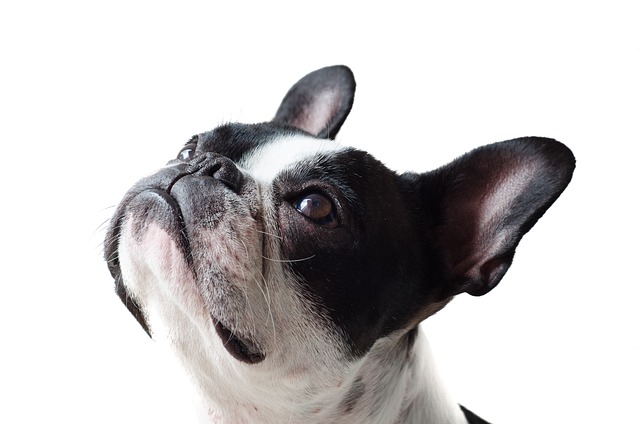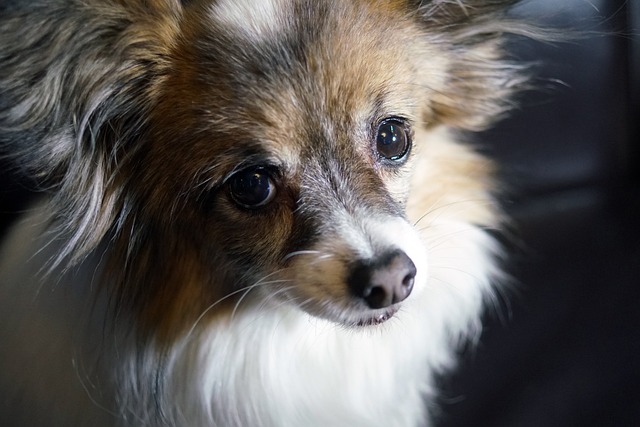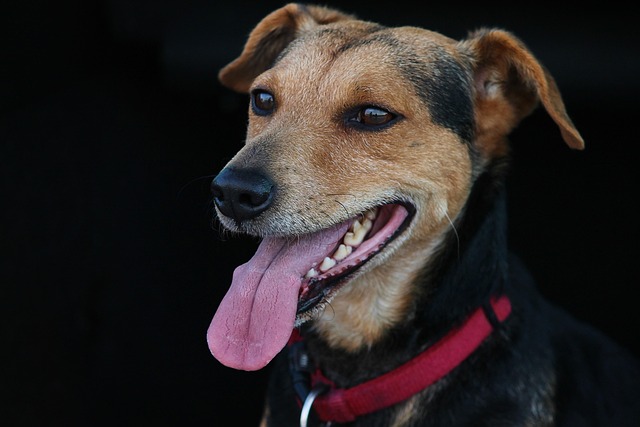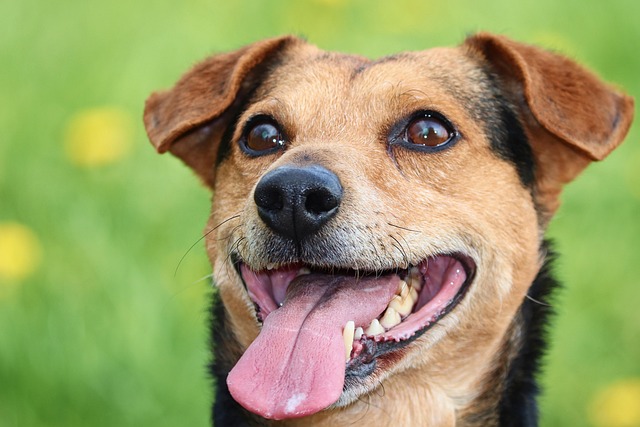Should I put a pee pad in my puppy's crate at night? It’s a question that haunts new puppy parents at 3 AM, when you’re bleary-eyed from another midnight potty run, staring at a crate where your 10-week-old pup is whimpering—again. Whether you’re in a tiny New York City apartment or a suburban home, balancing your need for sleep with their tiny bladder limitations feels like a nightly puzzle. The answer depends on understanding their development, instincts, and how to set them up for long-term success.
Puppies under 12 weeks have bladders roughly the size of a golf ball, meaning they physically can’t hold urine for more than 4–6 hours, even at night. But here’s the catch: dogs are naturally den animals—they instinctually avoid soiling their sleeping space. Put a pee pad in the crate, and you might accidentally teach them their “bedroom” is also a bathroom, confusing that hardwired clean instinct. A vet behaviorist in Los Angeles explained it this way: “It’s like putting a toilet in your kid’s bed—they’ll start thinking it’s okay to go where they sleep.” That said, extreme cases like medical issues or owners with mobility problems might need temporary solutions, but even then, setup matters.
If you must use a pee pad temporarily, create clear zones: use a crate divider to split the space—half for sleeping (with a soft blanket), half for the pee pad. This helps them learn the difference between “rest area” and “potty area.” But aim to phase it out fast. Set alarms to wake up every 4 hours (yes, even on weekends) and carry them straight outside to their designated potty spot—a specific patch of grass or sidewalk tree. Use a calm phrase like “night-night potty” and wait patiently. When they go, reward with a tiny treat and a quiet “good job”—excitement might rev them up too much for sleep. A Miami couple I know kept a small flashlight by the bed for these trips; their Shih Tzu pup learned to associate the light with outdoor time, cutting nighttime whimpers in half in two weeks. Never scold if they have an accident, and never force them to “stay” in the crate longer than their bladder allows—trust breaks faster than a chewed slipper.
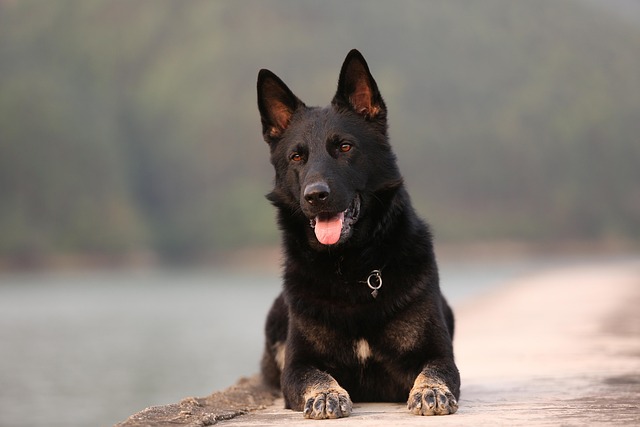
Legally and culturally, this nightly routine ties directly to responsible pet care. Most states require puppies to start core vaccines (DHPP) by 8 weeks, and many apartment leases mandate proof of vaccinations—keep those vet records organized. When you take them out at night, always grab poop bags (cities like Chicago fine $100+ for leaving messes, even at 3 AM). In shared buildings, minimizing nighttime noise matters—avoid loud praise that might wake neighbors; a gentle scratch behind the ears works just as well. Remember, positive reinforcement isn’t just kinder—it’s aligned with animal welfare guidelines across the U.S., which strictly discourage punishment-based methods that cause fear.
The goal isn’t perfection, but progress. Skip the pee pad if you can—let their natural clean instinct thrive. With consistent midnight runs, quiet praise, and patience, you’ll both be sleeping through the night before you know it, with a pup who learns to “hold it” until morning.
